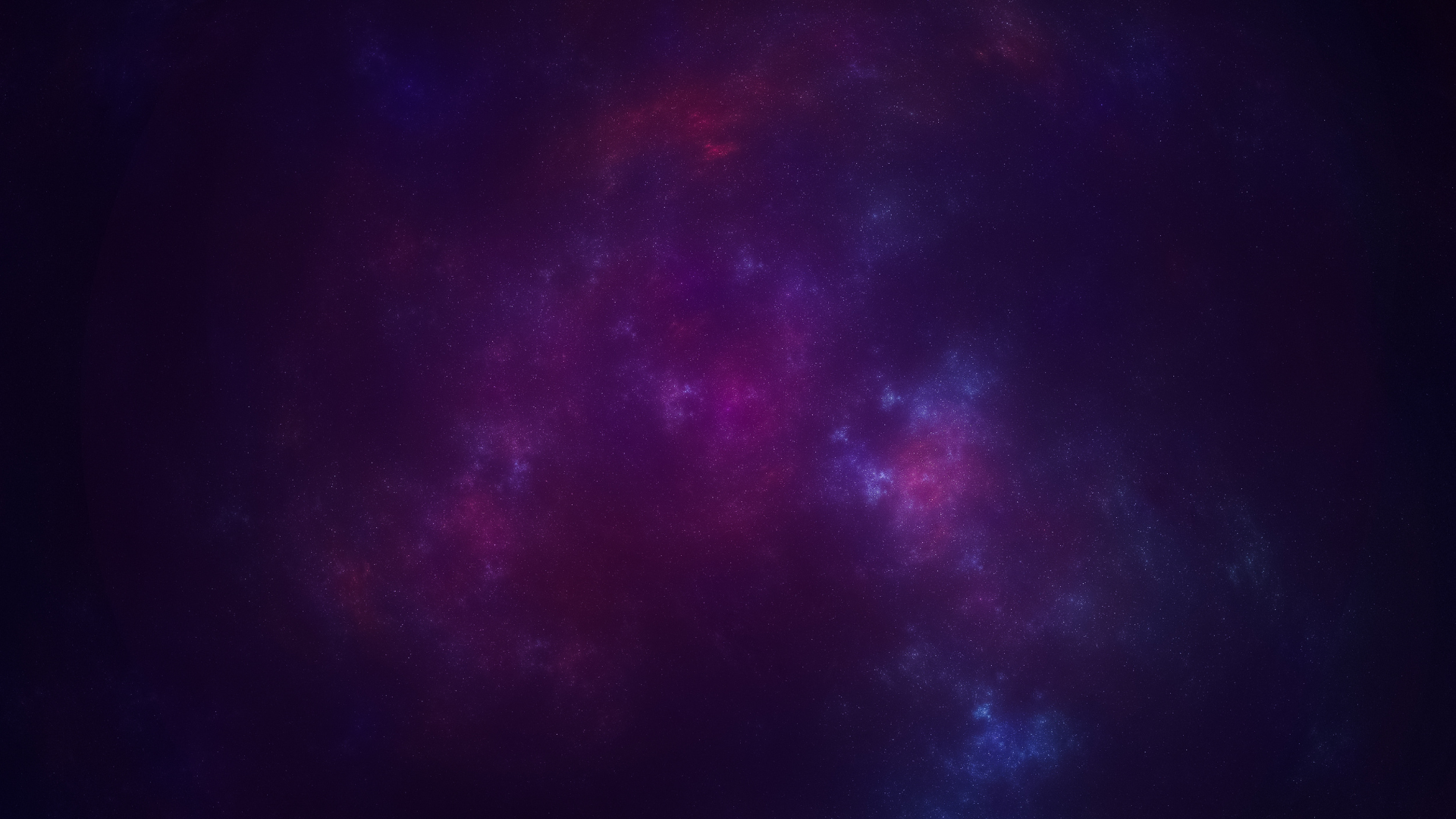
The Subtle Machinery of Belief: How Minds Are Led Away from Truth
Every era in human history has been filled with voices claiming to speak for the Creator. They come dressed in the cloak of holiness or the glow of confidence, with ancient books or self-proclaimed revelations, with promises of salvation or threats of eternal ruin. Their words often carry warmth and power. People find belonging, meaning, and identity among them. Yet behind the beauty and structure of many religions and ideologies, there lies something quieter but far more powerful — a system of persuasion.
This article is not an attack on the sincere believer. It is a defense of the human mind — and an appeal to use the intelligence the Creator gave us. If a divine truth truly exists, it must be discoverable through honesty, reason, and the universal signs that every conscious person can observe. It should not require blind acceptance, emotional surrender, or fear to sustain itself.
Let us examine some of the ways human-made systems of belief attract and trap the mind — and how a true message from the Creator would differ.

The Comfort Argument: “It’s good to believe in something.”
This sentiment is often presented as wisdom, yet it quietly swaps the question of what is true for what feels good. It suggests that belief itself is a virtue, even if the belief is false — as though truth were less important than emotional satisfaction.
But genuine faith cannot be born from the need to feel secure. Comfort can soothe the heart, but only truth can anchor the soul. A Creator worthy of worship would not want us to build our lives on comforting illusions, but on understanding. The mind was given to us not to create fantasies, but to uncover reality.
The Fear Bargain: “If this religion is true, you win heaven; if not, you lose nothing.”
This popular argument, often repeated in different forms, appeals not to reason but to fear. It presents belief as a form of insurance — a wager with eternity. But this logic is deeply flawed. There are hundreds of religions, each offering heaven and threatening hell. To “just believe” out of fear of being wrong is not faith but panic.
If the Creator exists, surely It would not make the discovery of truth depend on gambling instincts. A wise Creator would not expect us to choose among competing human traditions by guessing which one is right. Instead, It would leave clear signs — signs accessible to anyone who observes the world, reflects on consciousness, and listens to reason.
The Crowd Trap: “So many people believe — can they all be wrong?”
This argument confuses popularity with truth. Throughout history, enormous numbers of people have been sincerely mistaken — believing the Earth was flat, that sickness was caused by spirits, or that the Sun revolved around us. Social consensus comforts the individual but says nothing about reality.
When belief becomes a matter of belonging, people fear being different more than being wrong. Yet truth is often found by those willing to stand apart. If the Creator wanted us to find truth, it would not be hidden behind conformity; it would be accessible to the independent mind.
The Silence of Thought: “Don’t question — that’s how people lose faith.”
Perhaps the most dangerous mechanism of all is the discouragement of inquiry. In many systems, doubt is portrayed as sin, curiosity as rebellion, and independent thought as arrogance. This creates a psychological cage: people are trained to suppress the very questions that could free them.
But questioning is not betrayal; it is the most respectful act toward truth. Anything genuine can withstand scrutiny. Only falsehood demands silence. The Creator who gave us reason surely does not fear its use.
The Authority Mirage: “Our leaders and scholars know — just trust them.”
From ancient priests to modern gurus, religious authority often wears the costume of certainty. The robes, titles, and rituals all create an aura of sacred knowledge. But confidence is not evidence. Authority becomes a substitute for understanding, and people begin to mistake the tone of certainty for the proof of truth.
A true message from the Creator would not require blind trust in intermediaries. It would be verifiable by observation, logic, and the inner moral awareness present in every thinking person.
Emotional Engineering: “Can’t you feel the divine presence?”
Many faiths rely on experiences that feel deeply spiritual — music, chanting, crowds, incense, or fasting. These practices trigger powerful emotional and neurological states, often interpreted as proof of divine favor. But emotional intensity is not identical with truth. A stirring song or ritual can move an atheist and believer alike.
A true Creator would not need to rely on emotional manipulation. Its message would remain visible in the quiet of reason and in the order of the universe, long after the music fades.
The Guilt Cycle: “You are sinful and unworthy — only through us can you be saved.”
This psychological mechanism creates dependence. First it breaks the individual’s confidence by convincing them they are inherently corrupt, and then it offers forgiveness as the only cure — conveniently available only through the same system that caused the guilt.
But if the Creator made humanity with intelligence, conscience, and free will, then surely It expects growth and understanding, not self-hatred. A just Creator would not build a moral economy on manufactured shame, but on personal responsibility and the pursuit of truth.
The Tradition Shield: “Our ancestors believed this for hundreds of years.”
Longevity is often mistaken for legitimacy. People assume that a belief must be true if it has survived. Yet harmful ideas can persist precisely because they are rarely challenged. Tradition often functions as insulation against doubt.
But the truth does not depend on age; it depends on accuracy. If the Creator’s message truly existed from the beginning, it would not require inherited habits to sustain it. It would renew itself in every generation through reason and reflection.
The Belonging Trap: “Everyone you love believes — why can’t you?”
One of the strongest chains is not made of logic, but of affection. Family, friends, and community can become reasons to believe. The cost of disagreement feels like the cost of love. People stay within belief systems because leaving would mean losing their social world.
But truth cannot be based on emotional blackmail. The Creator of all people would not restrict truth to a single tribe or group. It would be a universal invitation — one that remains true even if you must walk the path alone.
The Miracle Filter: “Look at all the miracles — that proves it!”
Miracle stories, healings, or “signs” often circulate as unquestioned proof. Yet people rarely investigate the failures that go unspoken — the prayers unanswered, the promises unmet. The mind selectively remembers what fits the narrative and forgets what doesn’t.
If the Creator truly intervenes specifically for any certain faith, that intervention should be consistent, transparent, and verifiable — not dependent on selective storytelling or emotional bias. Truth can be miraculous in its coherence, not necessarily in spectacle.
The Fear of Hell: “If you stop believing, you’ll be punished forever.”
Few ideas have shaped human psychology more deeply than eternal punishment. Fear of infinite suffering can silence even the most honest doubt. Yet this idea contradicts the notion of a just and merciful Creator. What kind of being would demand blind obedience under threat of endless torture?
A loving and rational Creator would not need terror to sustain faith. Fear may control behavior, but it can never create understanding.
The Sacred Language Trap: “This text or leader is infallible.”
Declaring something infallible closes the door to truth. It shifts the standard from reality to authority — from what is true to what must be accepted. Once infallibility is granted, logic and evidence lose power, and correction becomes blasphemy.
But genuine truth has no need for such protection. It can be questioned endlessly and still stand. The Creator’s message would not hide behind human decrees of perfection. It would welcome honest inspection, because it would already be consistent with reality.
The Manufactured Awe: “Look how beautiful and holy it all feels.”
Grand architecture, solemn chants, and sacred symbols can create overwhelming impressions of holiness. These experiences move the senses and make the mind assume that whatever inspires such awe must be true. Yet art and ritual can be beautiful even when their messages are false.
A Creator’s truth would not depend on aesthetic packaging. It would be as recognizable in simplicity as in grandeur — in a quiet room as much as in a cathedral.
The Selective Evidence Game: “When it works, it’s a miracle. When it fails, it’s a mystery.”
Religious systems often explain success as divine confirmation and failure as hidden wisdom. In this way, no outcome ever disproves the belief. It becomes immune to evidence. But an idea that cannot be tested cannot be trusted.
The Creator’s reality would not need to hide behind loopholes. It would be consistent with observation — as open to verification as the laws of nature that It set in motion.
The Path the Creator Would Approve
If there truly is a Creator — an intelligent source of life, mind, and order — then surely It would not expect us to abandon reason in order to know It. The mind is not a barrier to faith; it is the bridge to it.
A genuine divine message would not depend on fear, guilt, tradition, or authority. It would not require us to silence our doubts or surrender our logic. It would be discoverable through open reflection, moral sincerity, and the study of the world itself — the grandest revelation of all.
Such a truth would be universal: accessible to every sincere thinker, regardless of birthplace or background. It would not demand blind allegiance but invite understanding. It would align with the Creator’s gift — the human intellect — not work against it.
For if the Creator is truly just and wise, then reason and truth must be Its allies, not Its enemies.

Below is the next page!